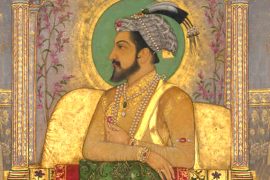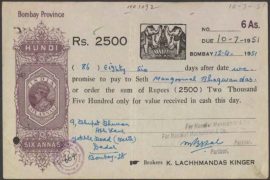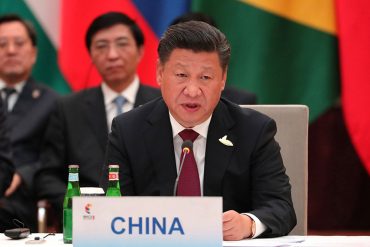The year was 1940 and the spectre of Adolf Hitler stalked the planet. Around corners, behind trees, under beds—Nazis were suspected of being everywhere. Neville Chamberlain’s “peace for our times” had come a cropper and Britain, one of the great powers of the age, was scrambling for a coherent strategy to counter the biggest threat of the 20th century.
Today, everyone is an expert on cricket and politics. In 1940, everyone was adept at war stratagems. Most would air their dissatisfaction while huddled over the radio, listening to news bulletins. The blotto ones would bore their friends with how they would approach the war—slurring out grand strategies as the sun set on the day and their bottles. Not KS Narasimhan. The Madras Mail journalist was disenchanted with the British approach to the war in the East and he was going to do something about it.
Narasimhan had contacts in high places. He was a close confidant of Mysore Deputy Superintendent of Police (DSP) Rangaswami Iyengar, a man eager to please his superiors and climb up the greasy pole. Narasimhan was the DSP’s key source for information on labour and political troubles in the region, so naturally when Iyengar was given an information-gathering assignment, he called on his journalist pal to help.
Rumours about a Mysore-based German businessman, Ernest Neuenhofer, had been swirling about for a while. A suspected Nazi spy, he was being held at Parole Camp in Yercaud by the British. When the rumours reached the higher-ups in Mysore, they asked JM Green, the Bangalore Commissioner of Police (Bangalore was part of the Mysore Residency), to investigate. Green, in turn, passed it on to the Mysore Inspector General of Police, a man called Peel, and his deputy Iyengar.
-30-
Copyright©Madras Courier, All Rights Reserved. You may share using our article tools. Please don't cut articles from madrascourier.com and redistribute by email, post to the web, mobile phone or social media.Please send in your feed back and comments to [email protected]











